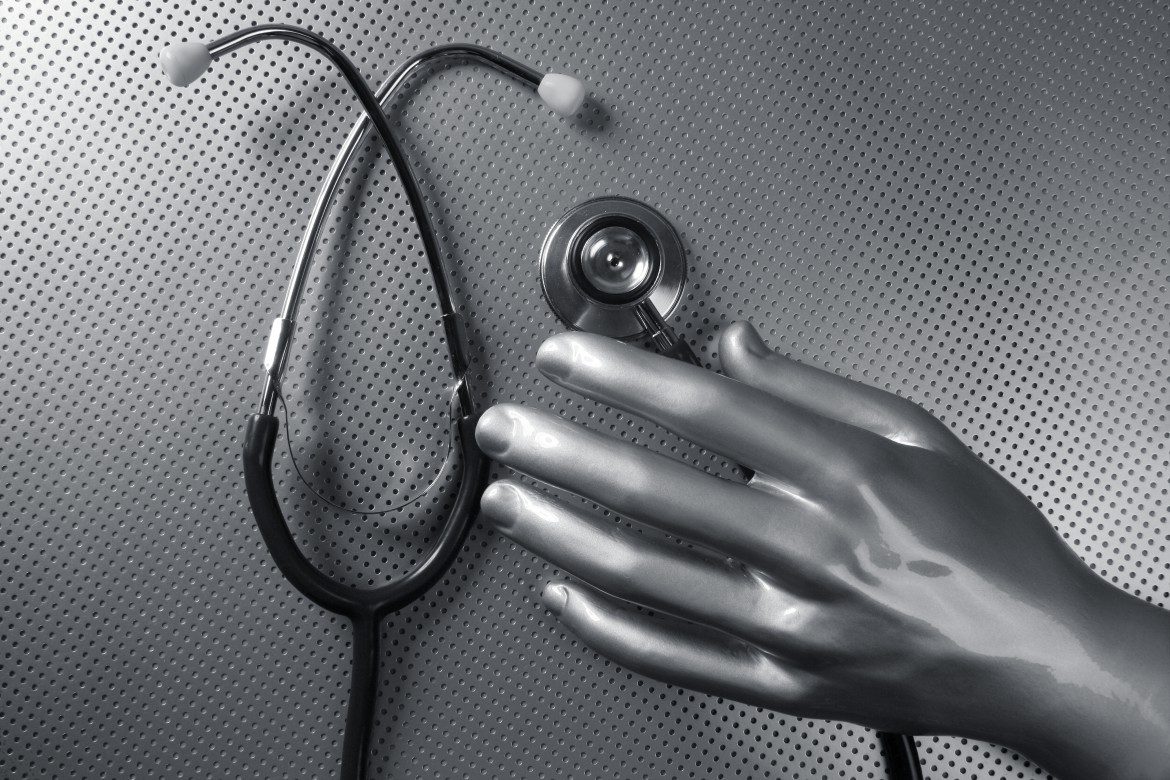
Christine O?Connor, Head of Sales Division at Daisy Health, predicts that carebots will be an important factor in the future of care provision.
The thought of robots being developed to carry out the jobs of care providers is a daunting one, not only for those in the profession who value their careers, but also for the family and friends of the patients in question. The concept of carebots, the buzzword of the moment, could however, become a reality in the not too distant future, as a result of the exponential growth of technology and the need to provide a solution for the UK?s struggling health service.
But what does this mean for the future of the healthcare industry?
An ageing population
It is no secret that the NHS is struggling to meet the demands of its users and with an ageing population, the elderly are expectedly, yet unfortunately, a huge burden on its depreciating resources.
There are currently 10 million people in the UK over the age of 65, and this figure is expected to rise to 15.5 million 20 years from now. This undoubtedly means that care and residential homes will be greeted by increased pressure. But it?s not only the increased demand which is a problem, as this in turn leads to higher costs to the NHS. According to the Department of Health, the average cost of providing hospital and community health services for a person who is 85 years old or more is three times greater than for those in the 65-74 bracket.
It seems carebots could play a role in catering to this demand. For those who have already embraced the technology, carebots are viewed as an assistant to the caregiver, rather than a replacement. Their skillset ranges from menial tasks such as fetching and carrying, hair washing and aiding mobility when transferring patients, to more important telemedicine functions such as reminding people to take medication and drink more water. It is clear that they can provide much needed support, but at this stage, there is still a requirement for that human touch.
For care providers there will always be a requirement to be as efficient as possible. But with the average salary of a care provider being between £15,000 and £18,000, hiring extra staff to cater to the demand seems like a better option for the already cash-strapped NHS and private care providers, for that matter, than investing millions of pounds into care robotics.
Tried and tested
However, the innovative Japanese would disagree. The equivalent of £14.3 million – or a year?s salary for 893 carers? has been invested into carebots in Japan. With a quarter of the population aged 65 or above, the robots have so far been received well by patients, with caregivers reporting increased happiness of their clinically-depressed patients who have welcomed the technology which has been implemented into soft toys as a social interaction mechanism.
And it is not only Japan that is seizing the opportunity. Carebots are being trailled and tested on a global scale, and a little closer to home, we are seeing developments at the University of Salford. Carebot P37-S65 has been designed by researchers at the university to provide round-the-clock monitoring of vulnerable people and also deliver speech therapy to sufferers of dementia.
A bright future for the care industry?
Ultimately, it seems that there is significant scope for improving care, reducing the strain on health resources, and freeing up staff time for more care-critical tasks. A secondary benefit is the fact that elderly patients can be cared for at home with the introduction of robots. This gives a sense of normality and allows them to lead an independent lifestyle whilst being reassured that they are in safe hands should they encounter any difficulty.
Robots could soon become commonplace in a care environment, especially as they gain popularity and become less expensive to design and implement. What is certain, however, is that carebots will not take over the world just yet, nor replace the need for human-delivered care and interaction, but simply enable the effective delivery of care by working in conjunction with care providers.
[ctaBanner]Find out how Daisy Health can benefit your practice by clicking here or calling 01268 885 770[/ctaBanner]